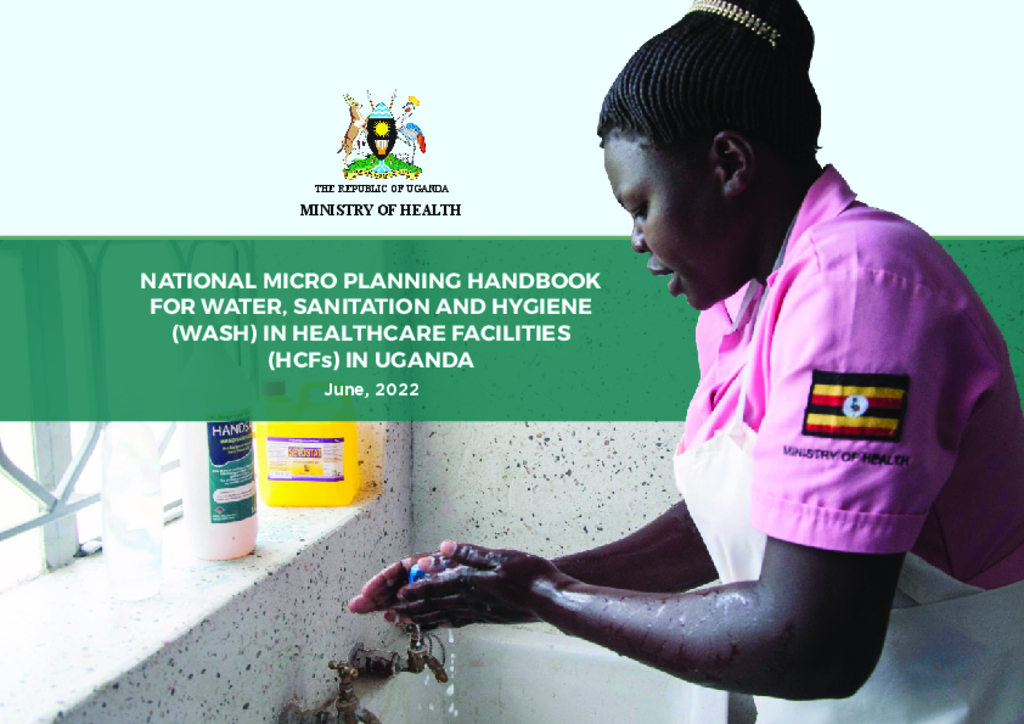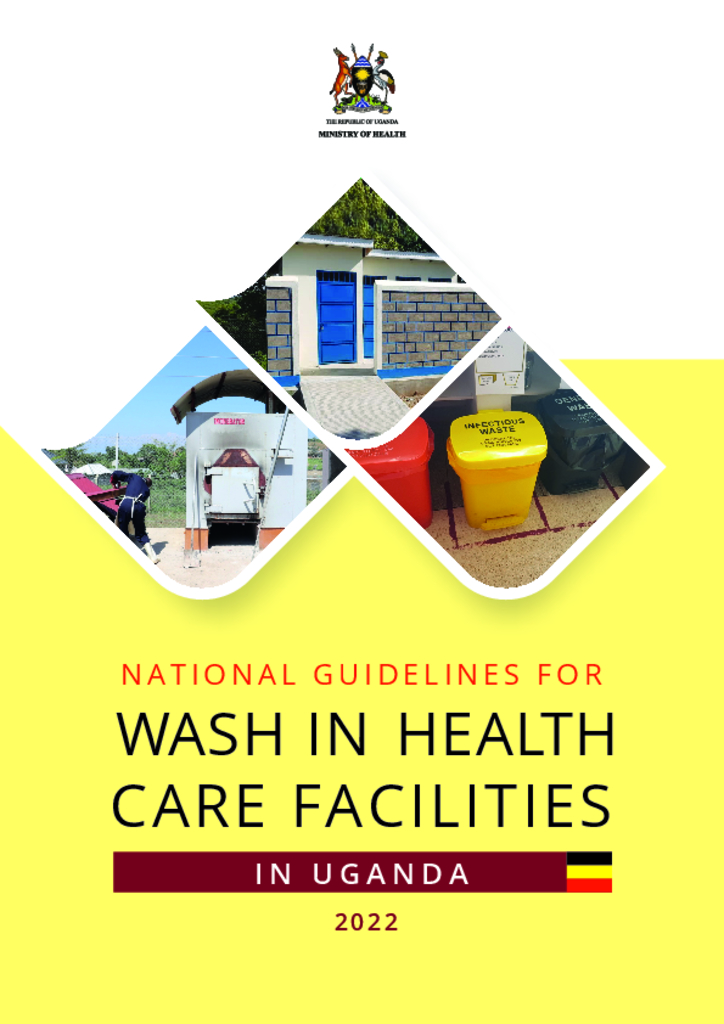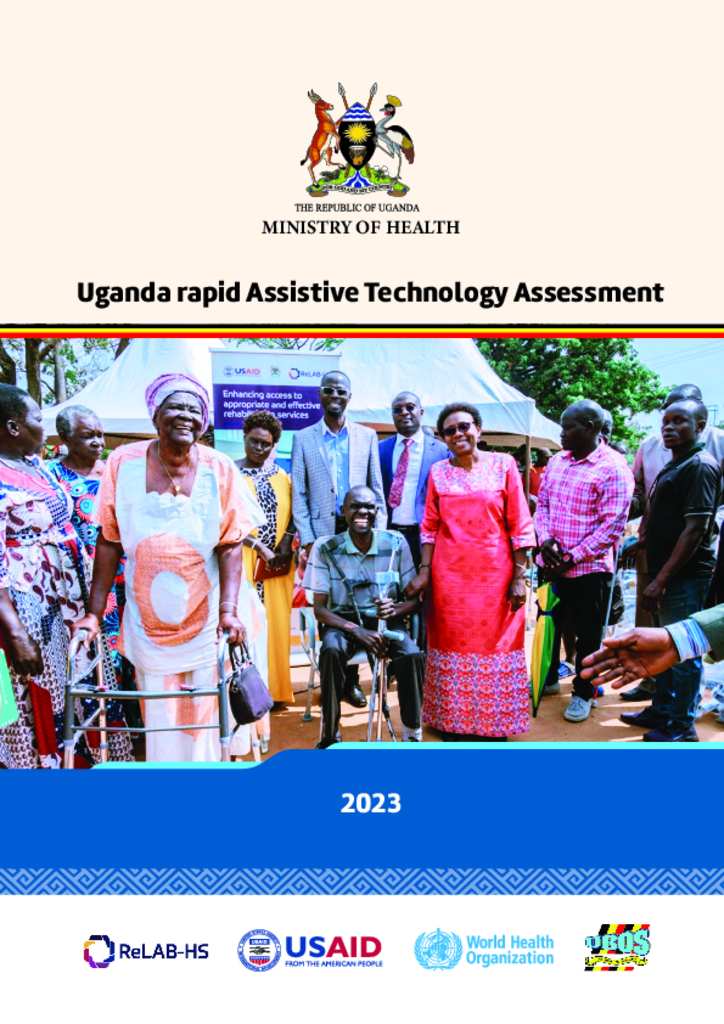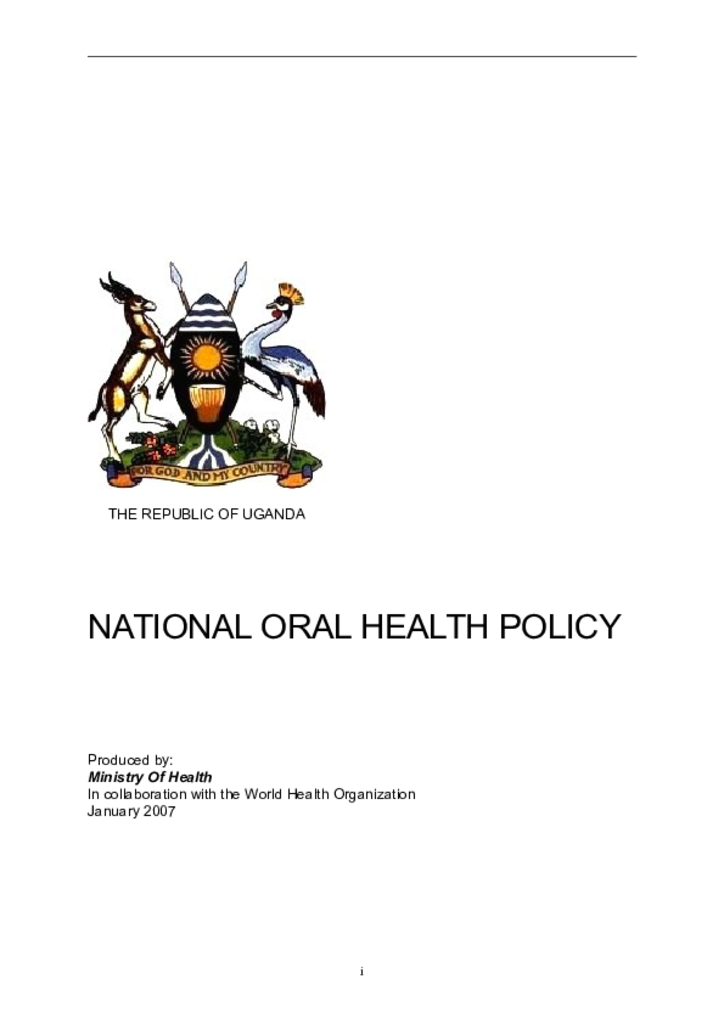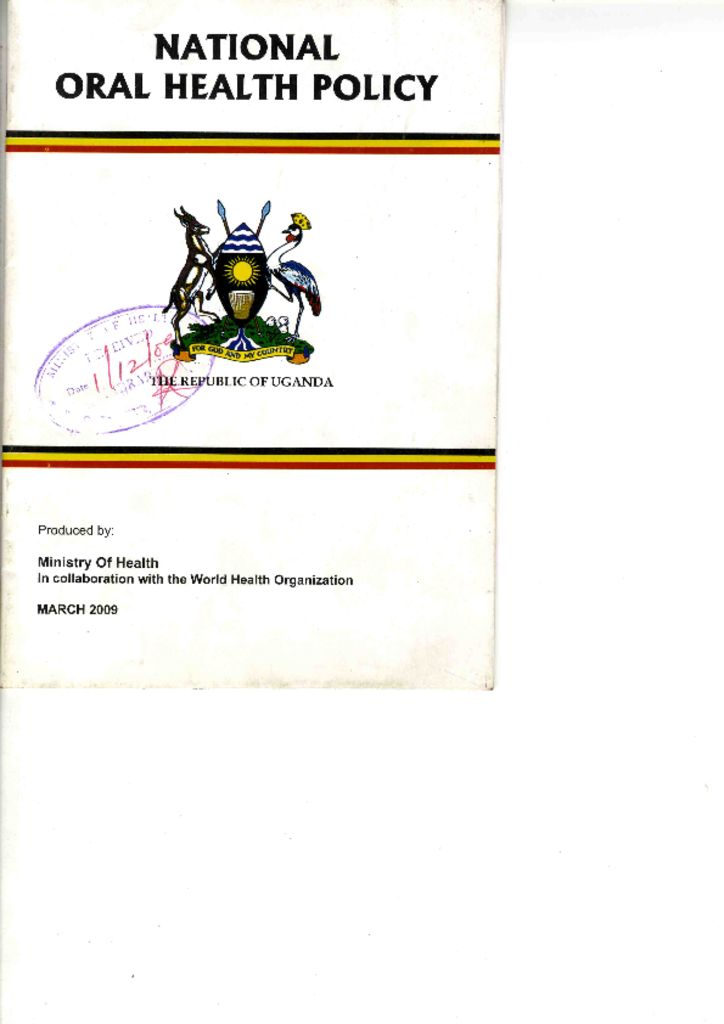The Ministry of Health recognizes that access to safe water, sanitation and hygiene (WASH) in health facilities is critical in the reduction of diseases, improved occupational health, more efficient health care services, improved staff morale and performance. The micro planning data generated will guide line ministries, local government authorities and development partners to position WASH in the health care facilities agenda within the Water and Health sectors. Additionally, it will support the development of a roadmap for achieving WASH-related sustainable development goals for health institutions.
The Sustainable Development Goals (SDG) 3 and SDG 6 reinforce the need to ensure adequate WASH services, which will result in a reduction in maternal mortality, ending preventable newborn deaths, and providing quality universal health coverage. The rationale of the WASH guidelines is to document procedures and provide a framework for strategic planning, implementation of functional and effective WASH services in healthcare facilities in Uganda. These guidelines offer a basis for creating the minimum conditions required for providing healthcare services in a healthy environment for healthcare workers, patients and visitors to the healthcare premises. They also serve as a tool for monitoring the performance of WASH in health care facilities.
The government is gradually prioritizing rehabilitation and assistive technology services in health system as an essential healthcare service that is integral in the attainment of the universal health coverage goal of leave no one behind and sustainable development Goal 3. The Uganda rapid assistive technology assessment (rATA) report has been developed by the ministry of health with technical assistance from WHO and financial support from USAID ReLAB-HS activity that is strengthening rehabilitation and assistive technology (AT) in the health system in Uganda. The findings and recommendations from the Uganda rapid assistive technology assessment (rATA) report will guide the development of the first national rehabilitation and assistive technology strategic plan and the first assistive technology priority list (APL) which will help to streamline the rehabilitation and assistive technology agenda in Uganda.
The policy provides a simple set of guidelines to enable local level health care managers and providers to make the best decisions they can on what oral health strategies to implement. It is a flexible decision-making framework that enables health managers to adapt the most effective oral health interventions to the specific needs, infrastructure and resources available to each community
Oral Health is central to our daily life and well-being and experts a fundamental influence on the quality of life of every citizen of uganda.
